Distal Femur Fracture: Intramedullary Nail or Locking Plate—What Does the Latest Evidence Say?

Meta Description:This evidence-based review analyzes distal femur fracture intramedullary nail vs locking plate fixation using the latest comparative study data, highlighting union rates, functional outcomes, complications, and practical decision-making strategies for surgeons. (PAS Hook – Problem · Agitation · Solution) Choosing the wrong fixation method for a distal femur fracture can turn a difficult injury […]
How Does Orthopedic Internal Fixation Failure Occur in Specific Anatomical Regions?

Meta Description:This Part II analysis explains how orthopedic internal fixation failure occurs in long bone shaft fractures and unstable intertrochanteric fractures, and outlines anatomy-driven prevention strategies, technical details, and biomechanical principles to reduce fatigue failure and malunion. (PAS Hook – Problem · Agitation · Solution) Orthopedic internal fixation failure is rarely caused by poor implants. […]
How Internal Fixation Fails: A Hardcore Analysis Based on Biomechanics & Biology
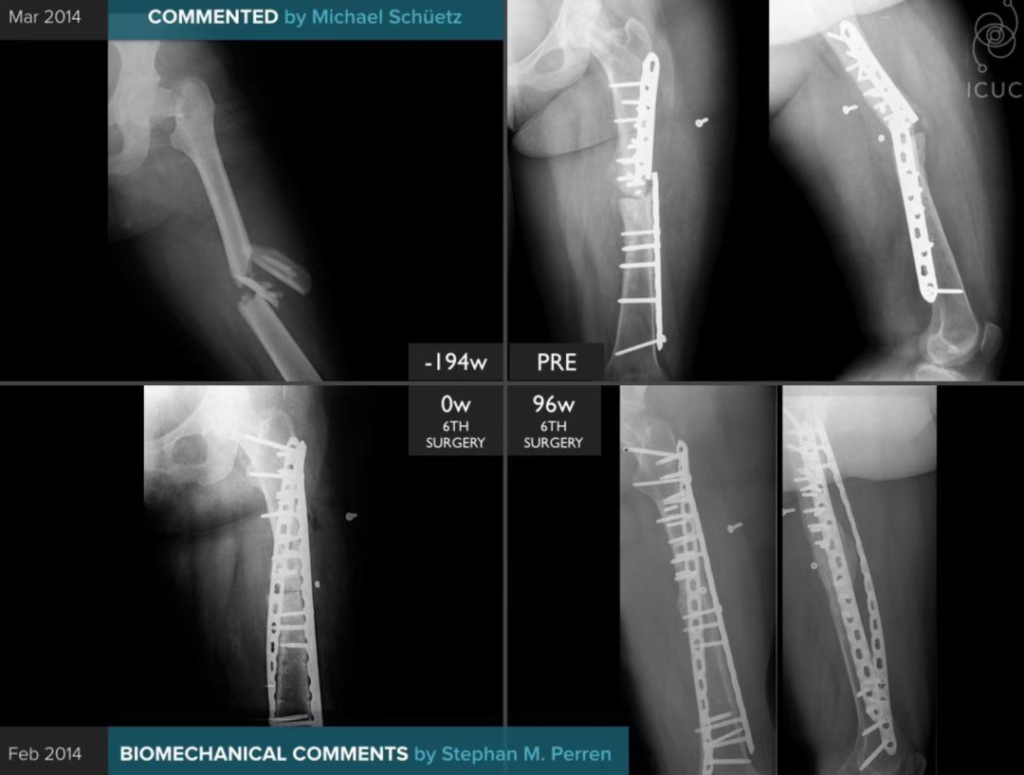
“Fracture treatment is a race between the fatigue life of the implant and the speed of bone healing.” When you are staring at an X-ray of a broken plate or a stubborn non-union and blaming the patient’s “bad luck,” you have likely already lost the race. The brutal truth is rarely about luck. It is […]
Is Suturing the Peroneal Tendon Sheath to the Calcaneal Plate a Breakthrough Technique for Treating Peroneal Tendon Instability?
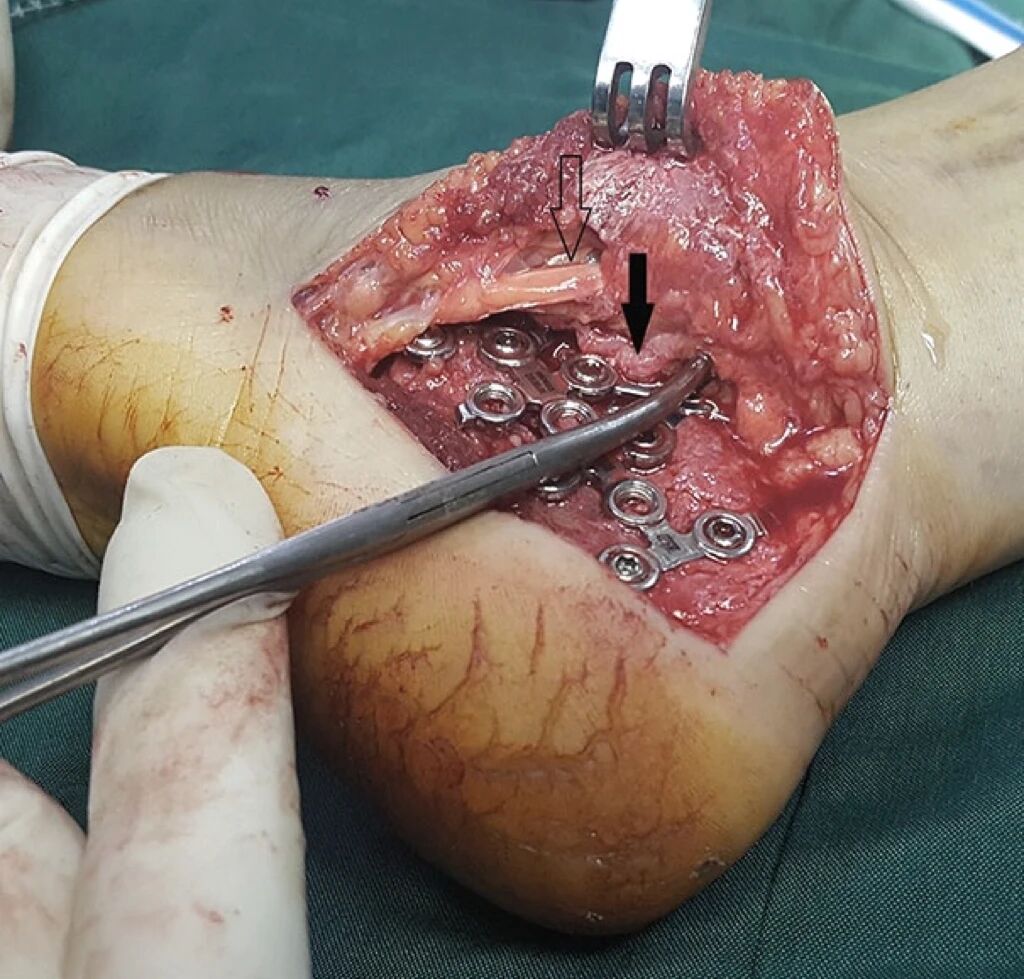
Meta Description:Learn whether suturing the peroneal tendon sheath to the calcaneal plate offers superior stability in calcaneal fracture with peroneal tendon instability, how the technique works, its risks, its clinical outcomes, and when surgeons should consider this innovative approach. (PAS Hook – Problem / Agitation / Solution) When surgeons encounter a calcaneal fracture with peroneal […]
What Are the Five Deadly Pitfalls of Proximal Femoral Nail Fixation?
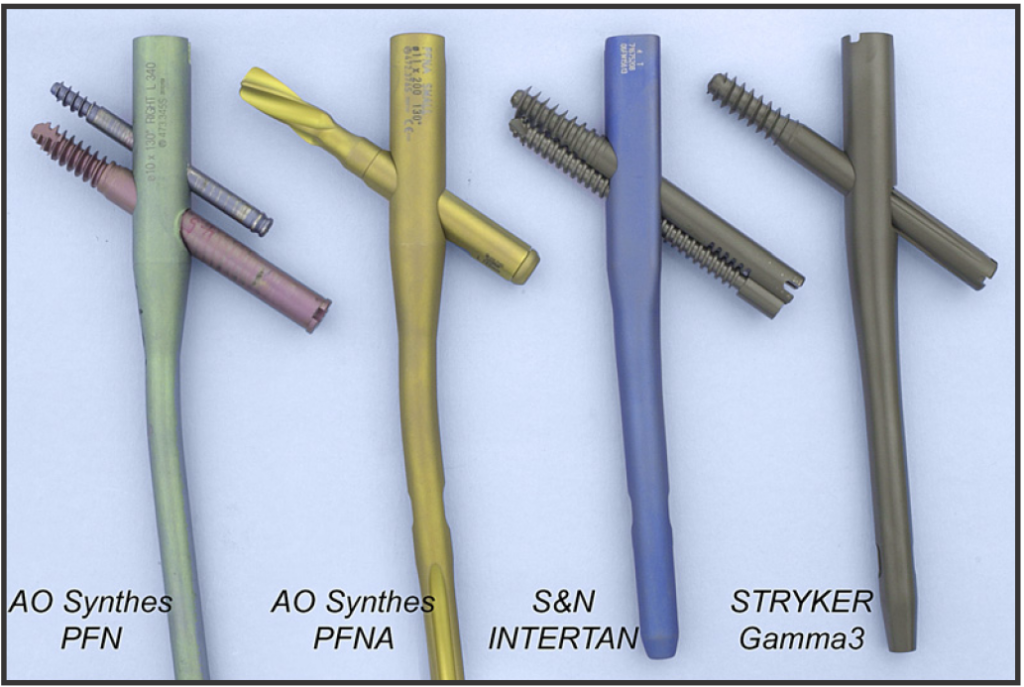
(PAS Hook — Paragraph 1) Hip surgeons often assume proximal femoral nail fixation is a beginner-level procedure — quick, routine, almost mechanical. Yet every year, implants cut out, nails penetrate the anterior cortex, elderly patients collapse into varus, and what should have been a straightforward fixation ends in catastrophic failure. The worst complications—cut-out, cut-through, anterior […]
Vitamin D in Orthopedics — The Truth, Not the Myths
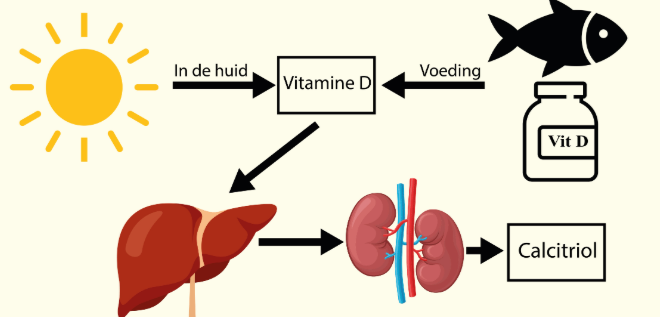
Meta-description: A sharp, evidence-based review explaining the real role of Vitamin D in orthopedics — osteoporosis, fracture prevention, and fracture healing. Learn what Vitamin D actually does, what it absolutely does not do, and how to supplement it correctly based on high-quality evidence. Vitamin D and Osteoporosis — Enabler, Not Builder When discussing Vitamin D […]
Ganglion Cysts: Observation or Surgery? 3 Evidence-Based Traps You Must Avoid

Pathogenesis: From “Synovial Herniation” to the One-Way Valve Mechanism In the last decade, histopathology and imaging studies have reshaped our understanding of ganglion cysts. Forget the “synovial herniation” myth — the new Articular Theory prevails. A ganglion cyst is a pseudocyst, with a dense collagen wall and no synovial lining. The content? Not synovial fluid, […]
Pilon Fractures: Four Classic Rules vs. Four Modern Realities
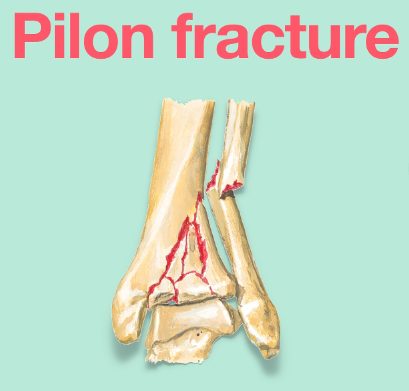
For decades, Pilon fracture management has been anchored in dogma — staged fixation, fibular reconstruction, standard anterior approaches, and “fusion as last resort.” But recent 2023–2024 studies are rewriting those rules. Here’s a sharp, evidence-based comparison between traditional orthopedics and the modern trauma mindset. Primary Keywords: Pilon fracture, staged fixation, fibular fixation, ankle fusion Reference: […]
Olecranon Bare Area — Where Are You?
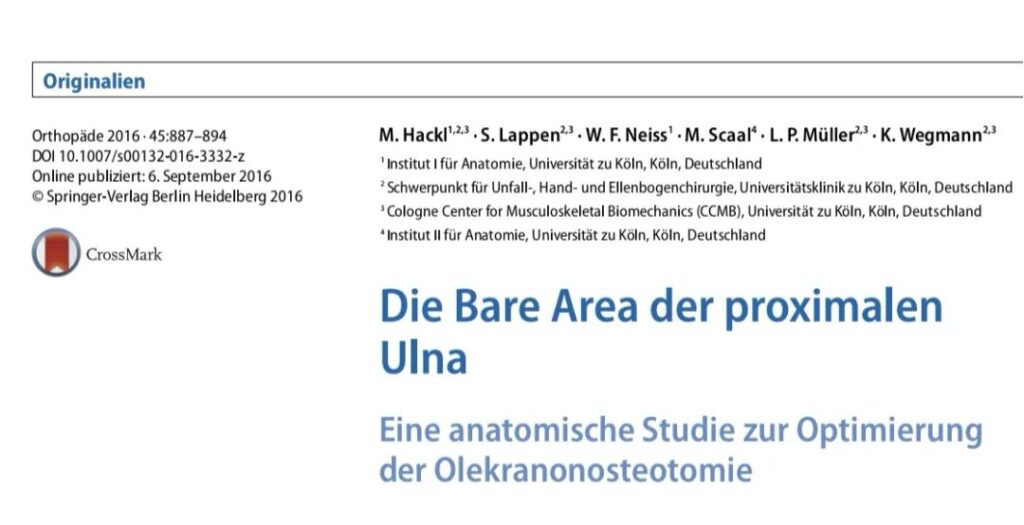
The proximal ulna bare area is a small but decisive anatomic landmark that separates a precise olecranon osteotomy from a cartilage-damaging disaster. This cartilage-free zone, located within the ulnar trochlear notch, sits between the coronoid and olecranon ossification centers, measuring roughly 5 mm in height. Because the trochlear notch is elliptical, the bare area lies […]
UKA vs TKA: Outdated Standards, New Evidence — The Modern Knee Replacement Revolution

Meta Description: Learn when to choose unicompartmental knee arthroplasty (UKA) vs total knee arthroplasty (TKA). Discover why traditional indications like Kozinn & Scott’s criteria are outdated and how modern implants, HXLPE, and robotic systems are reshaping the decision-making process. Why the “Old Rules” No Longer Apply For decades, surgeons have asked the same question: Should […]

